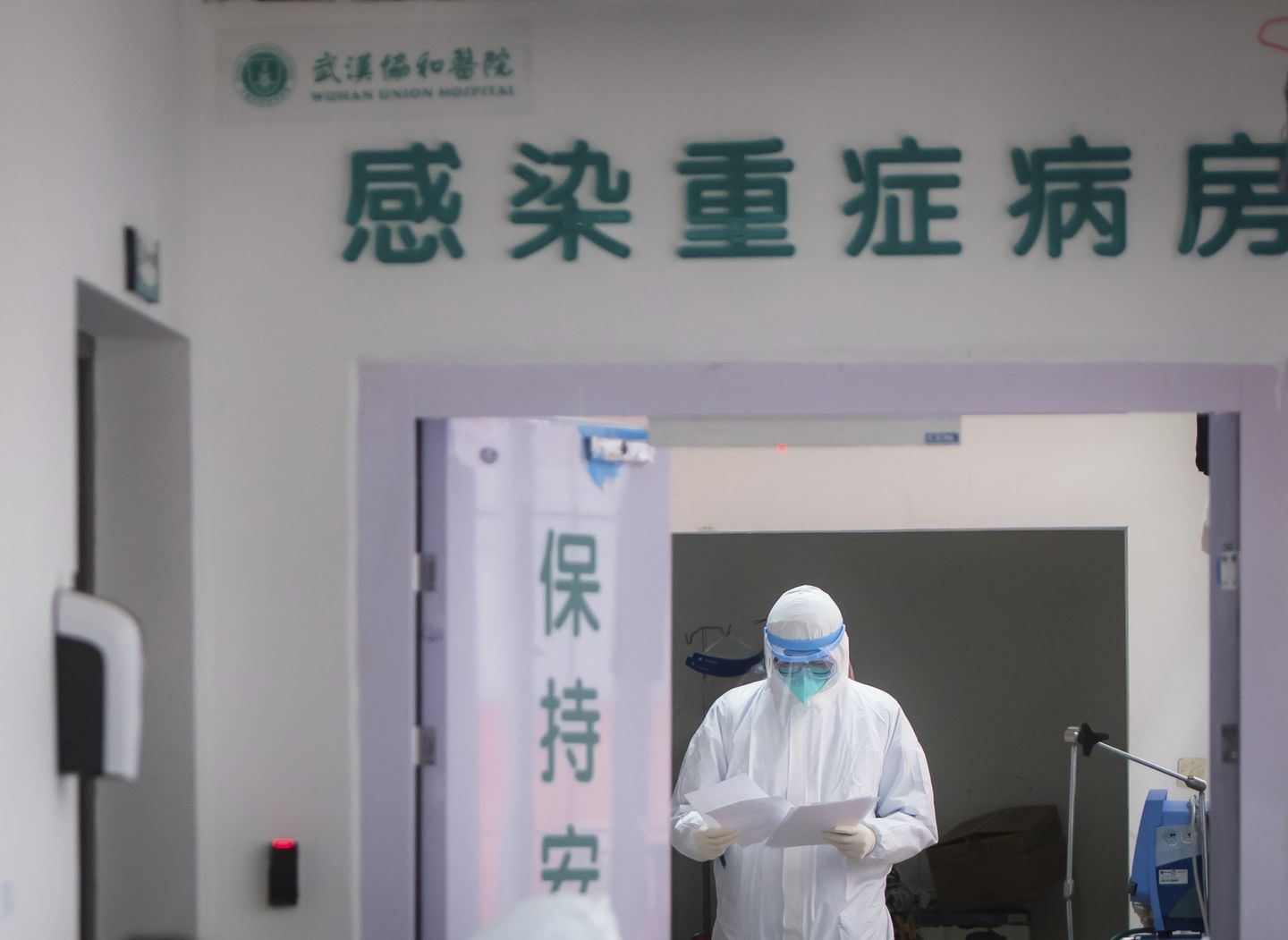By: Adam Taylor – washingtonpost.com– January 29, 2020
As China attempts to contain the spread of a new coronavirus that has left more than 100 people dead, rumors and disinformation have spread amid the scramble for answers.
Some of the speculation has centered on a virology institute in Wuhan, the city where the outbreak began. One fringe theory holds that the disaster could be the accidental result of biological weapons research.
But in conversations with The Washington Post, experts rejected the idea that the virus could be man-made.
“Based on the virus genome and properties there is no indication whatsoever that it was an engineered virus,” said Richard Ebright, a professor of chemical biology at Rutgers University.
Tim Trevan, a biological safety expert based in Maryland, said most countries had largely abandoned their bioweapons research after years of work proved fruitless.
“The vast majority of new, nasty diseases … come from nature,” he said.
The article cited research by Dany Shoham, a former Israeli military intelligence officer, who told The Post he did not want to comment further.
How the new coronavirus compares to Ebola, Zika and SARS
Scientists have identified certain parts of the world as hot spots for emerging diseases. (Blair Guild, Luis Velarde/The Washington Post)
Those entering the level 4 lab use airlocks and protective suits. Waste, and even air, is heavily filtered and cleaned before leaving the facility.
Milton Leitenberg, an expert on chemical weapons at the University of Maryland, said he and other analysts around the world had discussed the possibility that weapons development at the Wuhan lab could have led to the coronavirus outbreak in a private email chain but that no one had found convincing evidence to support the theory.
“Of course, if they are doing bioweaponry, it is covert,” Leitenberg said in a phone call, but added it was unlikely the Chinese government would use such a facility for production or even research and development of bioweapons.
The Wuhan lab is well-known and it is relatively open compared with other Chinese institutes: It has strong ties to the Galveston National Laboratory at the University of Texas Medical Branch and was developed with the aid of French engineers.
“Wuhan Institute of Virology is a world-class research institution that does world-class research in virology and immunology,” Ebright said, noting that one specialty of the facility was researching coronaviruses transmitted by bats.
Trevan, who was quoted in a 2017 article in Nature that warned of possible risks at the Wuhan facility that was cited by the Daily Mail, said in a phone call to The Post that he was concerned at the time about how to “manage risk in these complex systems when you cannot predict all the ways in which the system could fail.”
A former British diplomat and political adviser to the United Nations, he said he had not followed affairs at the facility closely since 2017 and was not aware of any specific problems there, but that he doubted the coronavirus outbreak could have come from a weapons program.
Elsa Kania, a fellow at the Center for a New American Security, said that while Chinese officials had expressed public interest in the potential weaponization of biotechnology, a coronavirus would not be a useful weapon.
“Hypothetically, a bioweapon would be designed to be highly targeted in its effects, whereas since its outbreak the coronavirus is already on track to become widespread in China and worldwide,” she said.
To see this article and others from Washington Post, click read more.
Source: China’s coronavirus has no links to weapons research, experts say – The Washington Post
 Listen Online
Listen Online Watch Online
Watch Online Find a Station in Your Area
Find a Station in Your Area









 Listen Now
Listen Now Watch Online
Watch Online
